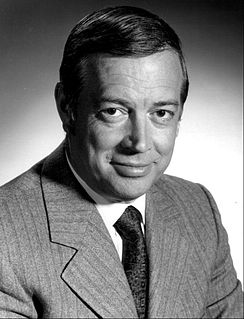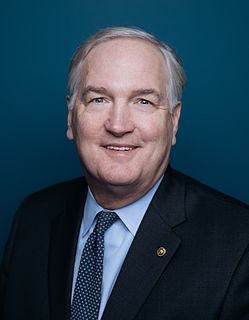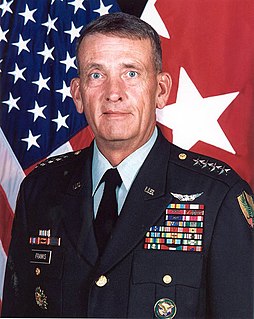A Quote by Hugh Downs
If hemp could supply the energy needs of the United States, its value would be inestimable. Now that the drug czar is in final retreat, America has an opportunity to, once and for all, say farewell to the Exxon Valdez, Saddam Hussein and a prohibitively expensive brinkmanship in the desert sands of Saudi Arabia.
Related Quotes
Allowing an independent and sovereign Iraq could be a nightmare for the United States. It would mean that it would be Shi'ite-dominated, at least if it's minimally democratic. It would continue to improve relations with Iran, just what the United States doesn't want to see. And beyond that, right across the border in Saudi Arabia where most of Saudi oil is, there happens to be a large Shi'ite population, probably a majority.
President George H. W. Bush soon launched Operation Desert Shield, sending an enormous contingent of troops to Saudi Arabia. But once there, what exactly were they to do? Contain Iraq? Attack and liberate Kuwait? Drive on to Baghdad and depose Saddam? There was no clear consensus among foreign policy advisers or analysts.
































